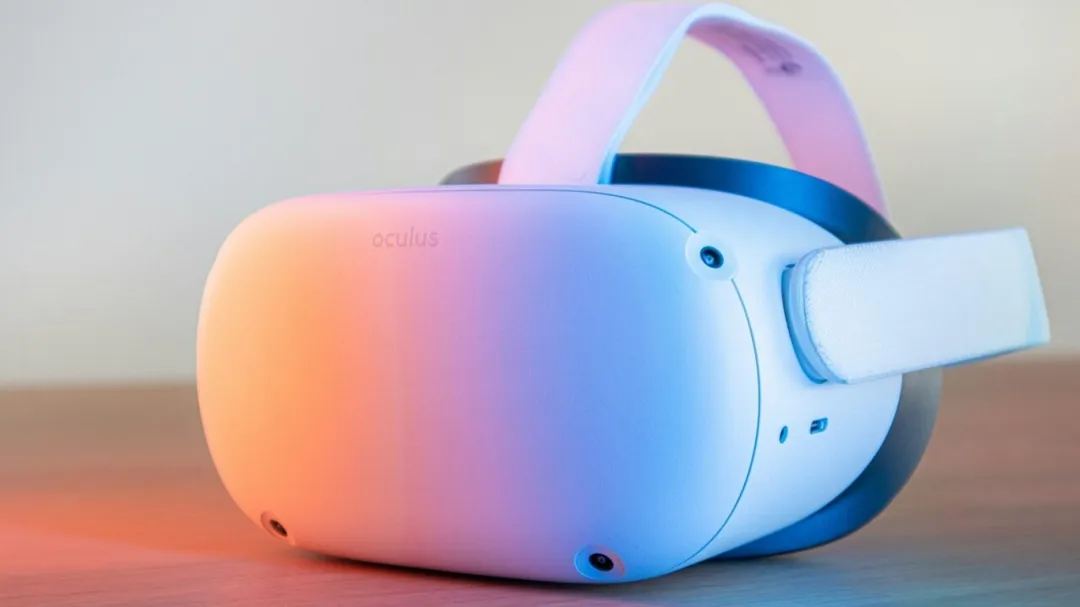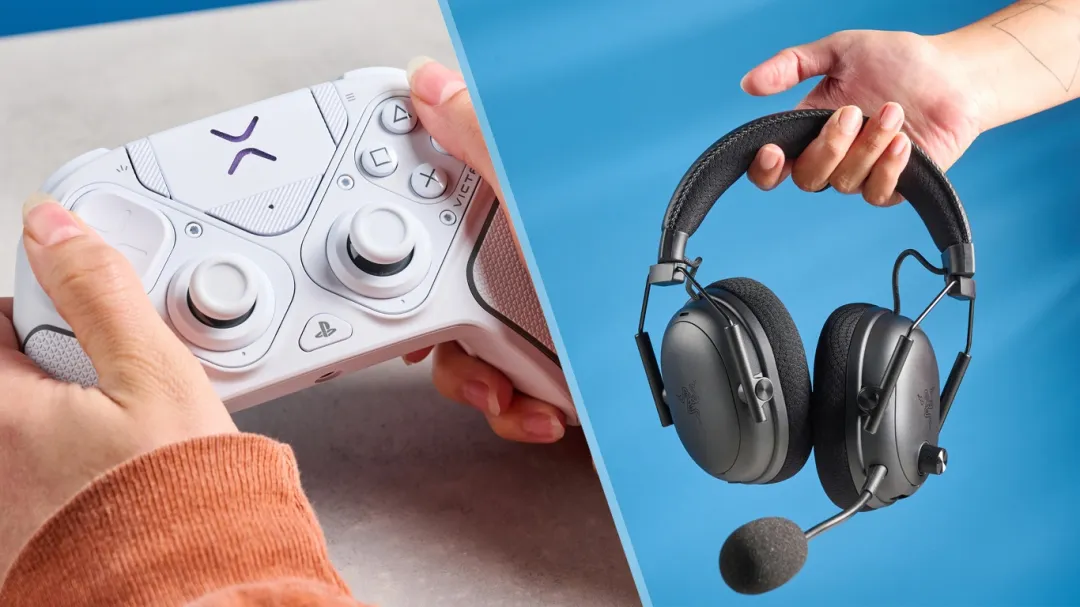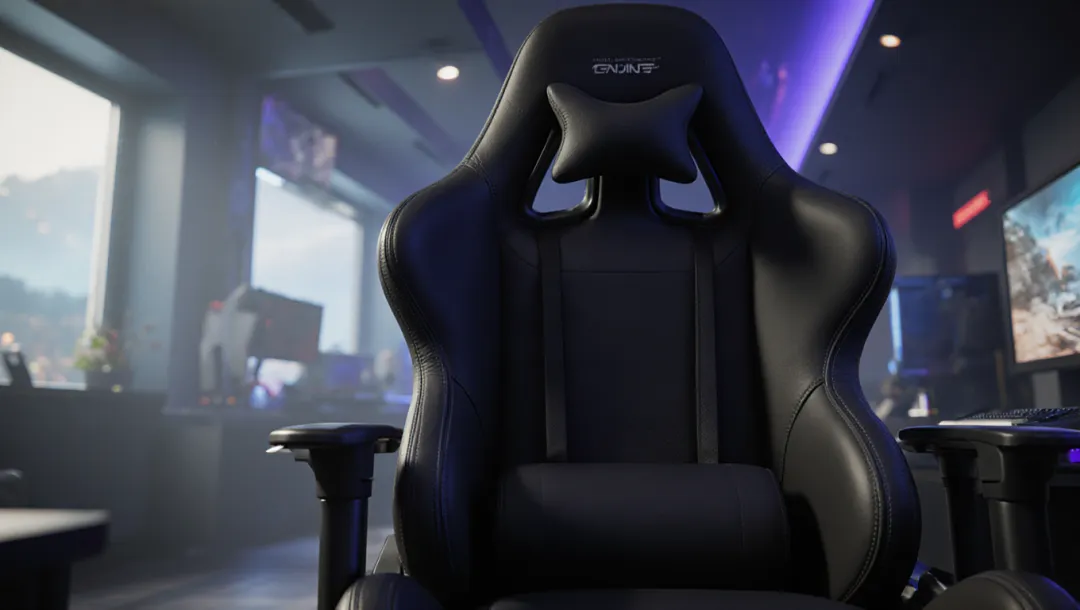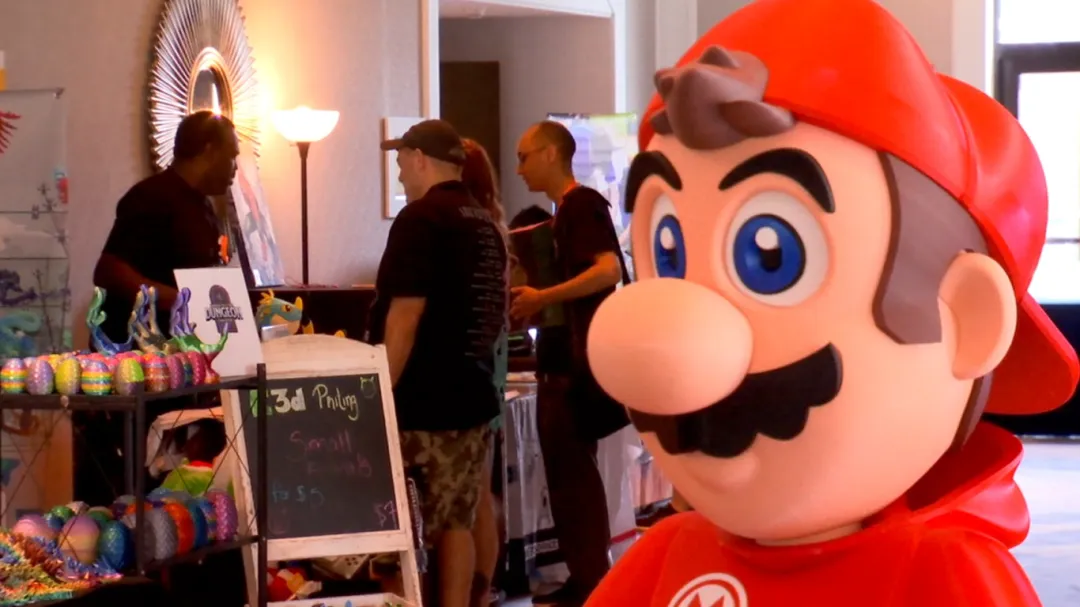Can VR Games Transform Balance Rehabilitation?

In a groundbreaking study conducted at the University of Queensland, researchers are investigating the use of virtual reality (VR) gaming as a tool to enhance balance rehabilitation programs. Traditional balance rehabilitation often involves repetitive and monotonous exercises, which can result in low patient engagement and suboptimal outcomes.
The innovative VR gaming approach aims to transform these exercises into interactive, immersive experiences that motivate patients to participate actively in their recovery process. According to lead researcher Dr. Emma Caldwell, “Integrating VR technology offers the possibility to personalize therapy, increasing enjoyment and adherence without compromising the rigor required for effective rehabilitation.”
This research is timely as healthcare providers seek novel methods to improve rehabilitation efficacy amidst growing patient populations with balance impairments stemming from neurological and musculoskeletal conditions. VR’s capacity to simulate real-world scenarios while providing precise monitoring of patient progress may revolutionize therapeutic protocols.
Clinical trials currently underway in Brisbane emphasize not only functional improvement but also patient satisfaction and long-term adherence. Early findings suggest that VR gaming could significantly reduce the perceived burden of rehab exercises, ultimately leading to better health outcomes.
The University of Queensland’s pioneering work reflects broader trends in medical technology innovation, highlighting how digital tools like VR can redefine traditional healthcare practices. As this technology matures, it may become a vital component in multidisciplinary rehabilitation frameworks worldwide.


